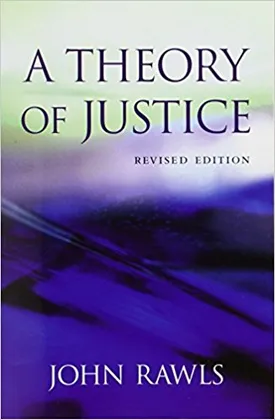John Rawls
John Rawls (1921-2002) was an American political philosopher widely regarded as one of the most important intellectuals of the twentieth century. He was born in Baltimore, Maryland, and attended both Princeton University and Harvard Law School. Rawls is perhaps best known for his two books, A Theory of Justice (1971) and Political Liberalism (1993). Rawls' theory of justice holds that injustice is the result of unequal distribution of social goods, and his idea is to construct a just society based on a fair method of distributing these goods. In this view, he proposed the concept of a "social contract" which is a set of legitimate principles a society should abide by in order to ensure the rights of its citizens.
According to Rawls, social justice requires that each person has the same basic rights and liberties, as well as access to the same opportunities and abilities. He also argued that inequalities that arise from natural circumstances, rather than differences in merit, should be minimized. Rawls proposed two principles of justice that must be satisfied in order to achieve social justice. The first principle is the equal right to liberty, according to which all individuals should have equal rights to life, liberty, and property. The second principle is the difference principle, which establishes that inequalities should only be allowed if they are to the benefit of the least advantaged members of society.
Rawls developed a comprehensive system of political philosophy, and he is credited with reviving the long-dormant school of thought known as "contractarianism." Contractarianism is a political philosophy based on people entering into a voluntary agreement, or "social contract," with one another. By entering into such a contract, individuals agree to follow certain rules and laws that establish a society of mutual cooperation and responsibility.
Rawls wrote a great deal on the topics of justice and social equality. In his work A Theory of Justice, Rawls put his theories into practice, introducing elements such as the "veil of ignorance" to serve as a basis for determining what kind of society should be constructed. This veil of ignorance places decision makers in an objective position, with respect to their own interests, which makes it possible to construct a just society.
Rawls' work has been extremely influential and has been discussed and analyzed by scholars in the world of political philosophy, law, and economics. His writings are seen as major contributions to the development and understanding of liberalism, and they have been credited with rejuvenating and reframing many of the debates that surround the nature of justice and equality. Rawls' work has been highly influential in political and legal establishments across the world, and it has been used to evaluate government laws and policies, as well as to critique various facets of contemporary society.
John Rawls' work has left a lasting mark on the history of political philosophy, law, and economics. His writings have served to improve our understanding of the relationship between justice, freedom, and social equality. His work stands today as one of the most important and influential contributions to the study of political philosophy, law, and economics.

